Let’s talk keto, folks.
This is a subject that I’ve had the desire to write for some time now.
Mostly due to the sheer amount of daily questions I get from prospective and current clients, family members, and friends about the validity of the Keto Diet and other fad diets. More often than not, during a consult, I get asked “Do you recommend the keto diet?” or some form of that question. This admittedly puts me onto a soapbox about how it’s best for your body to eat in a balanced way and exercise regularly. That’s why I’ve decided to put it into a blog form and tell you all why you should ditch the keto diet (and all other fad diets).
Edit from 2022: at the time of writing this blog in 2017, I was in the throws of Orthorexia and deeply embedded diet culture. I’m leaving this blog up for now because I think it’s an interesting practice of showing just how much we can learn over a few years. While writing this I was convinced, as you’ll see, that I was past fad diets – when in reality the “wellness” diet of avoiding processed foods like the plague is a diet in and of itself. I’m not embarrassed by the fact that I’ve allowed myself to learn, grow, and change over time.

Fad diets are nothing new, especially ones boasting results from a “low-carb” agenda.
The Atkins diet was super popular back in the 90’s and early 2000’s, and I can still personally remember when my parents both went on the diet with amazing results. Unfortunately, as soon as they stopped the diet (because it’s not sustainable) their newly svelte bodies again became more round (sorry, mom and dad). We’ve probably all heard of Paleo, Whole30, low-carb, cabbage soup, grapefruit juice, raw food, Keto, Alkaline, Dukan, Zone, intermittent fasting, and a few other diets. There are also more concerning trends that have surfaced such as the feeding tube diet (wait, what??), and the tapeworm diet. While I don’t have time to dive into all of these, I’m always happy to answer questions, and receive mindful and intelligent feedback. My words on a balanced diet should make my advice on all fad diets clear, though.
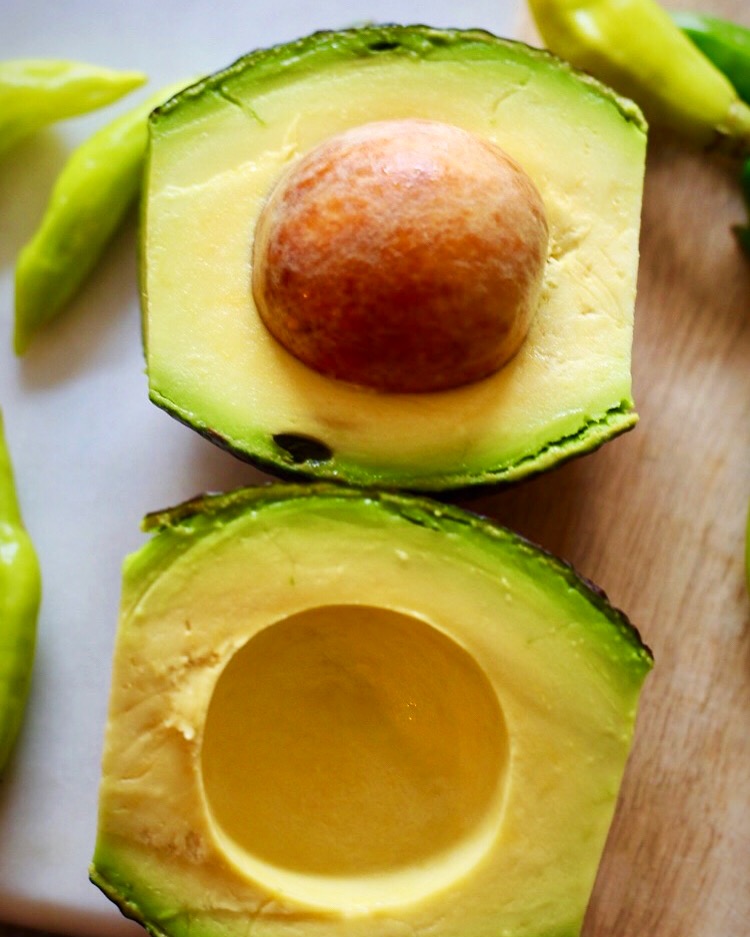
These are simply my opinions, mixed in with some evidence-based articles from reputable sources. Everyone has the right to try what they want, and do what they want to their body…including eating a diet of heavy cream and animal protein or paying $1,600 for a feeding tube to give them 800 calories a day. This isn’t to attack your way of life or just to tell you that you’re wrong. This blog is a legitimate effort to make you think about what you’re putting inside of your body. In the best case scenario, it will open your mind to the certainty that a balanced diet and moving that same body a little every day is a long-term solution for weight regulation that enables you to thrive and not feel restricted.
What is the “Keto Diet”?
If you haven’t already learned of it or jumped on the bandwagon, I’ll give you a brief rundown of what it is. Essentially it’s super high-fat (80% of your diet), super low-carb (<5% of your diet), with moderate protein intake (maybe 20%). Clearly, it’s an unbalanced diet and a skewed macronutrient distribution even prior to diving into how those macros are met. Most Keto dieters are compelled and encouraged to fill the high-fat low-carb dietary needs by reaching for items like butter, eggs, loads of dairy including heavy cream and cheese, oil, red meat, low-carb green vegetables, and some nuts and seeds. This diet has been used for decades to treat childhood epilepsy (usually while monitored by a dietician and a neurologist), can lead to rapid weight loss (mostly due to a decreased intake in processed carbohydrates and excess water), and according to some extremely limited sources may help with Alzheimer’s Disease (there’s also research boasting the opposite), Parkinson’s Disease, and other ailments.

How does it work?
Our bodies thrive on carbohydrate-rich foods. Carbohydrates (not from Little Debbies and Bon-bons, I’m talking from whole food sources like fruits, vegetables, and grains) are utilized very efficiently by the average body by being broken down into a useable source of energy – glucose. Glucose gets stashed away in our muscles and our liver in limited quantities in the form of glycogen. Whenever we need, it’s converted back into glucose and released into the bloodstream.

To continue this glycogen replenishment and ensure that we have the fuel to perform in our daily lives, the human body relies on a balanced daily diet rich with complex carbohydrates and other nutrients. Moreover, glucose is our brain’s favorite source of fuel. This fad diet eliminates all of the complex carbohydrates in our lives, the fuel we just spoke of is depleted within a few days. The body begins to stash away fat and utilize it for fuel, as a secondary metabolic process that’s basically a last ditch survival method of your body to not starve to death. This leads to a logical question of how positive the cognitive and physical effects of such restriction and a ketogenic metabolism can really be, both long and short term.
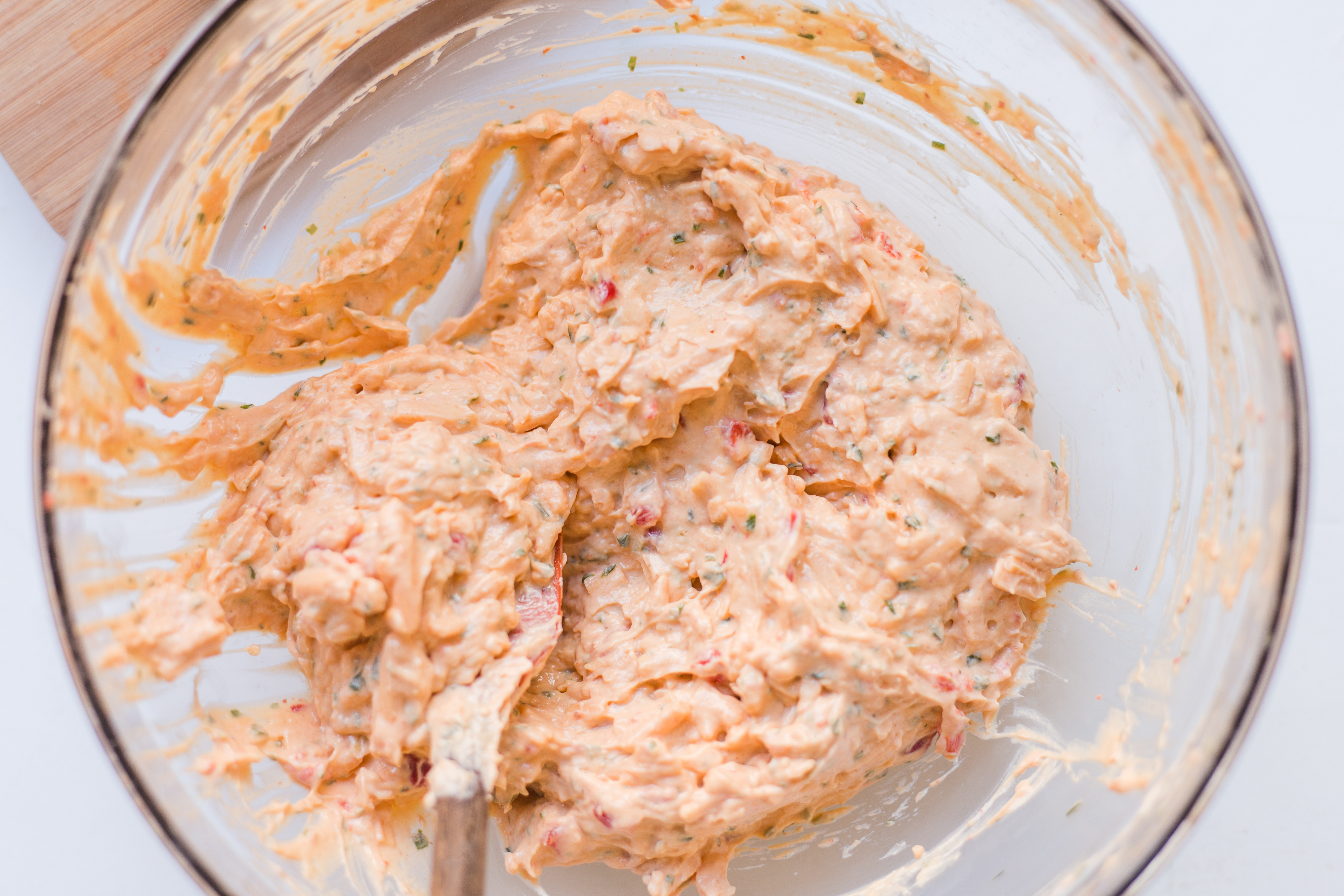
Why most people try it
Keto dieters are lured in past the questionable cognitive function, constipation and bad breath (A by-product of fat metabolism…sexy) by the promise of a fast fix to drop their excess weight that requires minimal effort and allows them to still rely on their favorite foods like bacon, steak, and cheese. Losing weight is definitely a side effect of your body being in a continuous state of ketosis, but at what cost? I’d say there’s a decent amount of evidence out there to consider that we should ditch the keto diet.
As aforementioned, the only people that this extremely low-carb diet is actually recommended for is epileptics, and I’ll add to that further that by saying it can be a reliable (although not always ideal) way for athletes to drop weight quickly (for a fight or some kind of event). It’s certainly not a diet for long term performance, though.

(2022 Marybeth here again – this restrictive diet necessary to cut weight for a fight was one of the reasons I ultimately quit fighting.)
Why I recommend against it
Other than the questionable side effects that we’ve already spoken of above, I feel that any diet that’s incredibly restrictive and unbalanced isn’t a sustainable option. Following any diet this restrictive is a recipe for promoting disordered eating behaviors that fosters self-hate, cravings, and guilt when you “fall off the wagon”. Some of you may be saying “But you’re VEGAN, Marybeth. That’s restrictive af.” I hear you, but I’m here to discuss with you how it isn’t if you’re interested. I intake a balanced amount of carbohydrates, fats, and protein every day along with an abundance of vitamins, micronutrients, and minerals. The only restriction in my diet is not eating animals or stuff excreted by them. It’s a personal choice, and more of an ethical one. Eating in a way that makes you feel good and fueling your body for performance isn’t a fad or a quick fix, it’s a lifestyle.
What you should try
If you’re a friend, current client, or have paid attention thus far, you already know what I’m going to say. How important are balance and moderation? Extremely. Both in life and in your dietary intake. Here are my basic wellness guidelines for everyone to try out for a healthy lifestyle that includes weight loss:
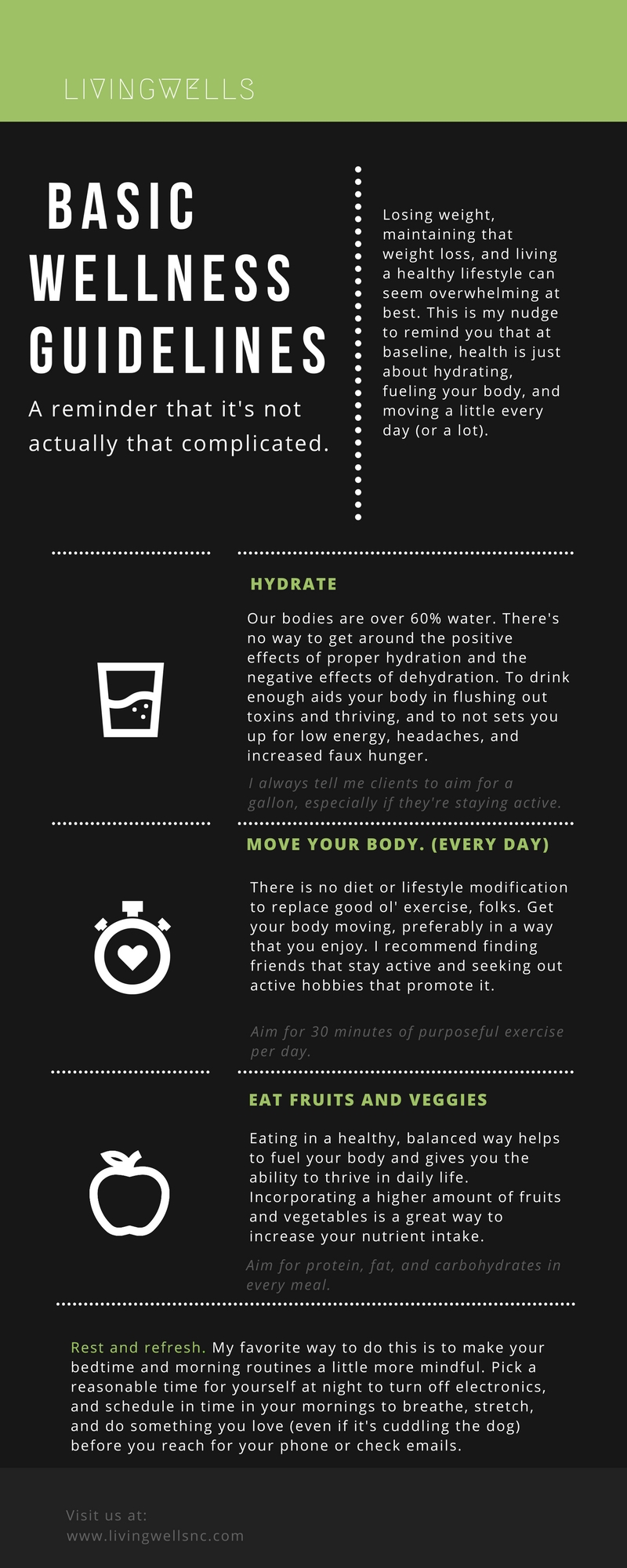
More than likely, we’ll revisit all of these subjects on a later blog. For the sake of brevity, I’ll thank you for reading and request that you comment with any questions or feedback. Even if I made you mad and Keto is your jam, tell me about it. Healthy debate and discussion of different opinions is how we all grow.
For more daily inspiration and recipes come and see me on Instagram, Pinterest, and Facebook. If you’re interested in learning more about who I am head to this page or subscribe to my newsletter below.
See you there 😉
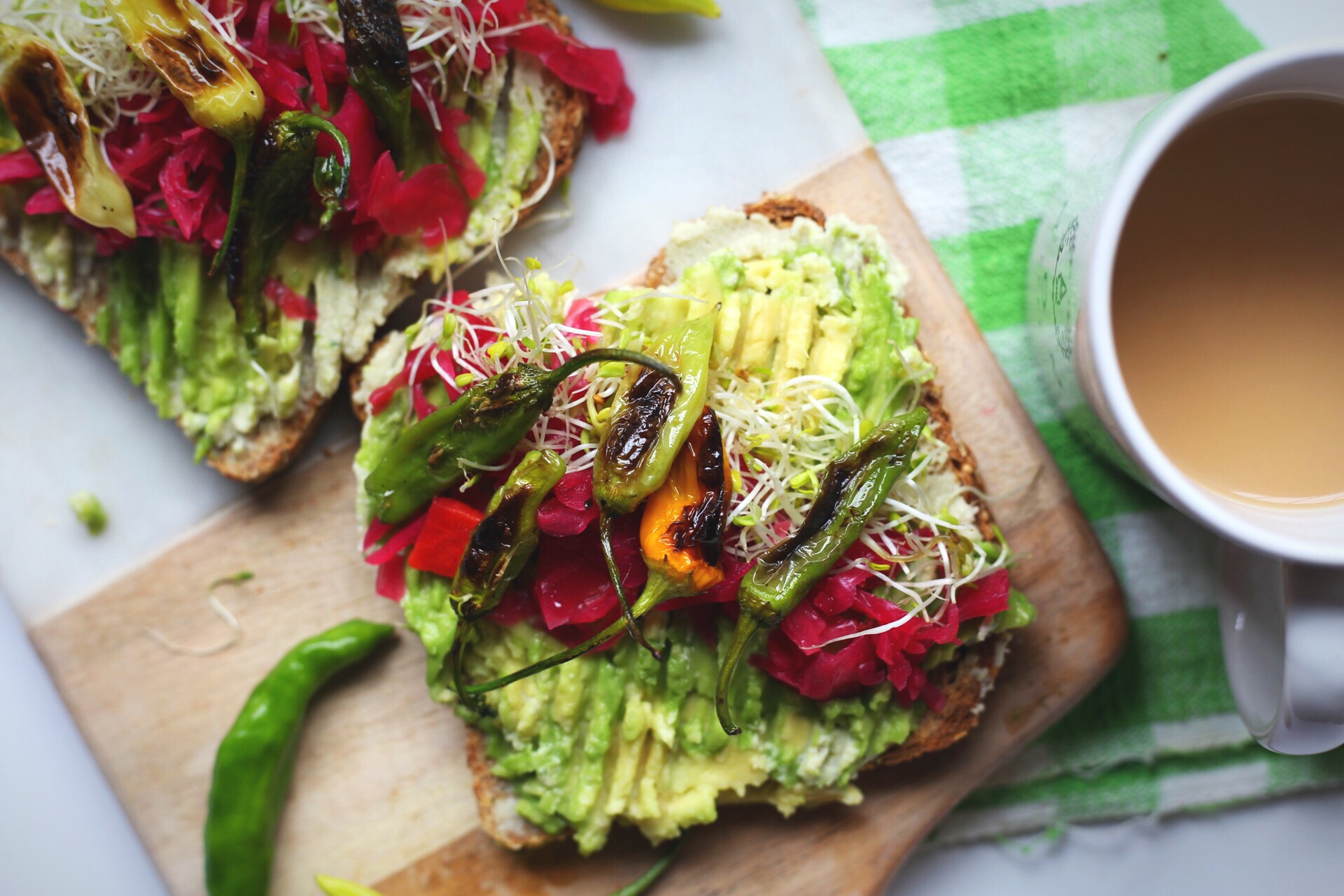

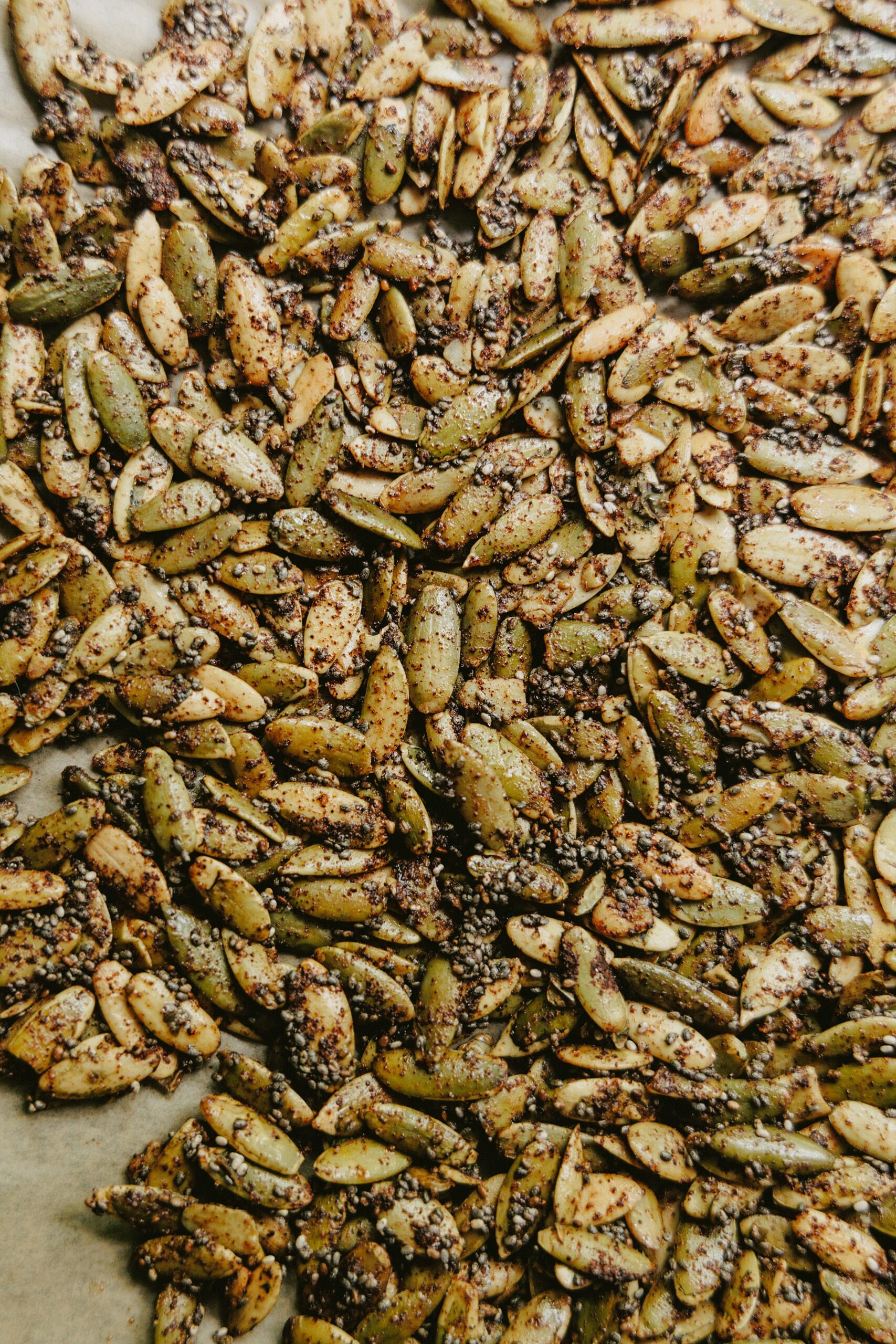



Read the Comments +